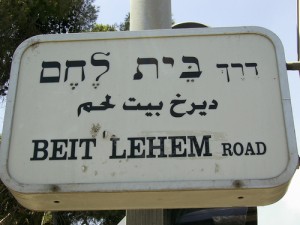All too often, Israel’s supporters kill their cause with clichés. One of the most common and problematic of these clichés is the claim that Israel’s Arab citizens have always enjoyed full and equal rights because—and here’s the clincher—they vote for and sit in Israel’s parliament, the Knesset.
As Hillel Cohen shows in Good Arabs: The Israeli Security Agencies and the Israeli Arabs, 1948-1967, my translation of which is to be published shortly, suffrage and representation do not in and of themselves guarantee a minority the rights that a democracy is supposed to grant to all its citizens.
In Good Arabs, Cohen continues the study he began in his previous book, Army of Shadows (see my earlier post Good Arabs, Bad Arabs) about the complex relationship between the Zionist movement and the local Arabs in Palestine. As in that earlier work, Cohen eschews the slogans long shouted by Palestinians and Israelis, rightists and leftists. He shows how both Israeli officials and leaders of those Palestinian Arabs who became inhabitants and citizens of the Jewish state adopted a variety of strategies in reaction to real and perceived threats and opportunities.

 Photo by Zeevveez
Photo by Zeevveez





